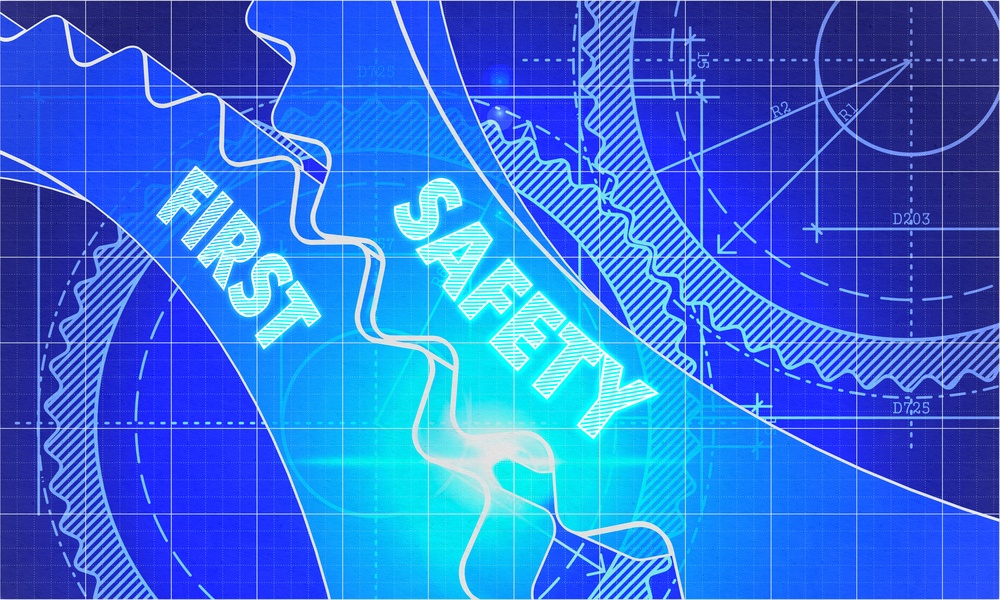
Despite August being a relatively quiet and relaxed period for some sectors, this certainly doesn’t mean that incidents don’t happen: it’s actually a good time of the year, rather than taking your eye of the ball, to evaluate everything and make sure the safety of your fleet is still right up to scratch (which it should be all year long, really) in order to prevent the unwelcome possibility of a safety breach.
During the month of August, two breaking stories concerning the transport sector have demonstrated once again that safety reminders are never too frequent; ongoing investigations will determine if safety breaches have been the main causes of these incidents or not (it certainly seems to be the case for at least for one of them) and what could have been done in order to prevent the events from happening. Too often, incidents regarding fleets could have been prevented with a sound safety strategy.
In the first case, a transport and storage company, H Walton Ltd, was sentenced in mid-August of this year for safety breaches connected to an event on August 9, 2017, in which one of their drivers suffered injuries leading to the loss of an arm. The episode was probably caused by a malfunctioning interlocking device of the trailer, and the emergency stop device for the discharge mechanism of the vehicle was also found not to be working after an HSE investigation. According to the inspectors, vehicles of this kind are fitted with these devices in order to prevent similar incidents, but regular checks to ensure that those safety devices were working properly had not been carried out, despite being part of the regular checks specifically prescribed for these vehicles.
Still in the month of August, a fatal collision between an HGV belonging to haulage company Eddie Stobart and a pedestrian, who allegedly was thought to have initially been driving a Volkswagen Caddy van before pulling over and exiting his vehicle, occurred in the Droitwich M5 area. At the moment, the investigating authorities think the death might have occurred as a result of a road rage incident that escalated between the two parties. It is thought that the man in his 60s died after being struck by the HGV driven by a 50 year old Eddie Stobart employee. Police are appealing for witnesses in order to clarify the causes of the collision, particularly anyone who might actually have dashcam footage of the event.
If in the first case it seems to be quite evident that a failing vehicle inspection procedure has been among the chief causes of the event, and that it could have been prevented by arranging regular safety vehicle checks. In the second case, authorities will have to verify what happened first. But in order to not be caught unprepared, make sure you have a sound safety and compliance process in your fleet; and never get too complacent about carrying out these procedures simply by rote if they really need to be updated to meet the required levels of safety.
If you need to know how to implement a comprehensive fleet safety strategy where vehicle checks and compliance are guaranteed (and your peace of mind), do not hesitate to contact us.



